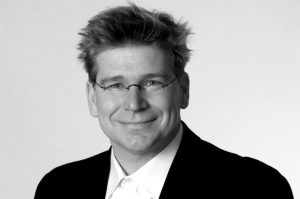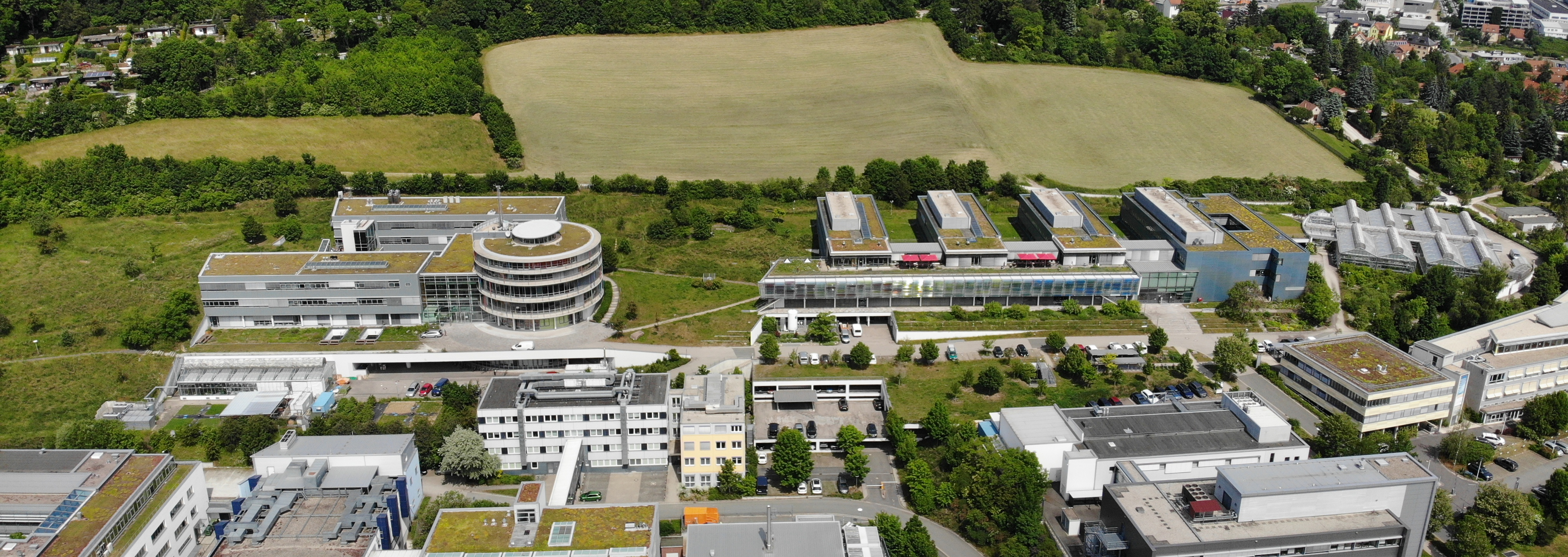
Global photosynthesis: the holy grail for land surface models
3rd June 2022 | 1:55 pm – 2.15 pm
Hans-Knöll-Straße 10, 07745 Jena, Germany
BGC Lecture Hall
Zoom: will be provided
Session 4 – Global Modeling and Feedbacks (Sönke Zaehle, moderator)
3rd June 2022 | 1.30 pm – 3.25 pm
Abstract
The strength of current observation systems of carbon fluxes such as eddy covariance systems is that they measure directly the fluxes relevant for the Earth’s energy balance, and thus relevant for any greenhouse effect and hence current climate change. But this strength is also a weakness because the measured net ecosystem fluxes of carbon are the sum of two opposing gross fluxes, photosynthesis and ecosystem respiration, which are both at least one order of magnitude larger than the net CO2 fluxes. Land surface models, which are used to project future climate change, describe photosynthesis and respiration while the net carbon flux is the result of the individual gross fluxes in the model (and in reality). Small errors in these gross fluxes in the models translate to rather large errors in the projections of the future land carbon sink.
Different ideas exist how to determine the gross carbon fluxes without being able to measure them directly on scales larger than a single plant. Here I review the current approaches to determine photosynthesis and their repercussions on global scale. I argue that most current land surface models underestimate global photosynthesis by an average of 25%. Evidence comes from other atmospheric trace gases than CO2, from modelling exercises, and also from a new analysis of atmospheric CO2 concentrations. These findings suggest also a large misrepresentation of respiration in current land surface models, but they imply also a larger future land carbon sink than currently projected by the models.
Biography
Matthias Cuntz is Directeur de Recherche at the French National Research Institute for Agriculture, Food and Environment (INRAE) in Nancy, France. He received a PhD in physics in 2002, subsequently working in atmospheric physics (Paris), biology (Canberra), biogeochemical cycles (Jena), hydrology (Leipzig), and ecophysiology (Nancy). His research centers around the processes behind the exchanges of energy, water and CO2 between the terrestrial biosphere and the atmosphere. It often involves isotopes as tools to disentangle water or carbon fluxes from very local scale up to the global scale. The research reaches, for example, from flow of water in leaves on the µmetre-scale, over energy fluxes at ecosystem scale, to carbon fluxes at continental scale.
